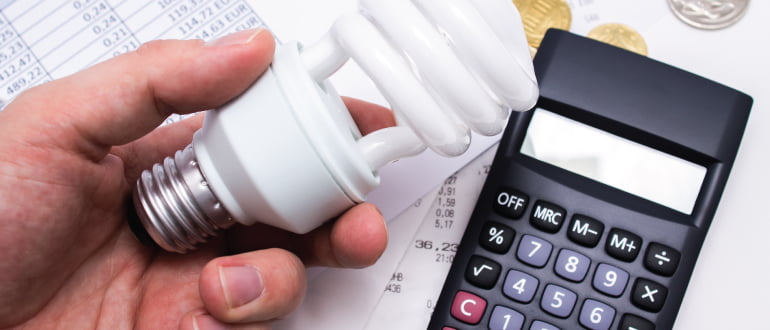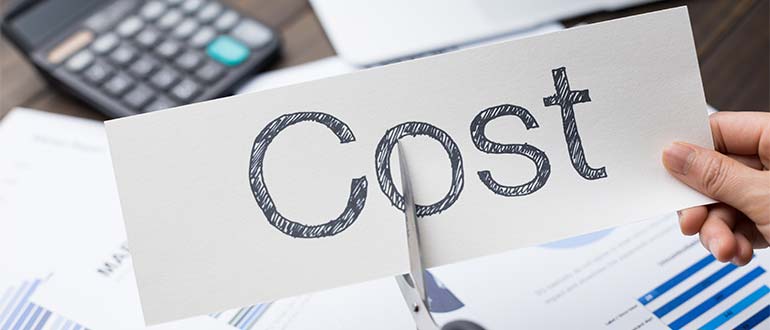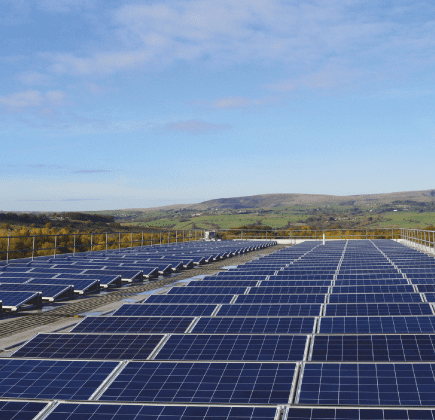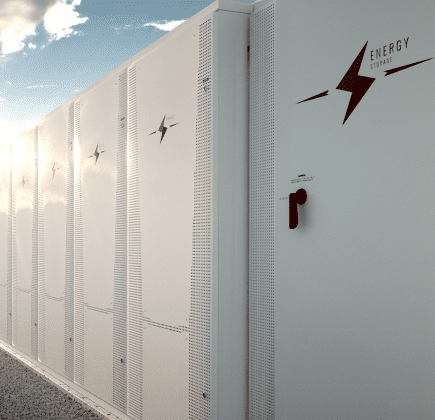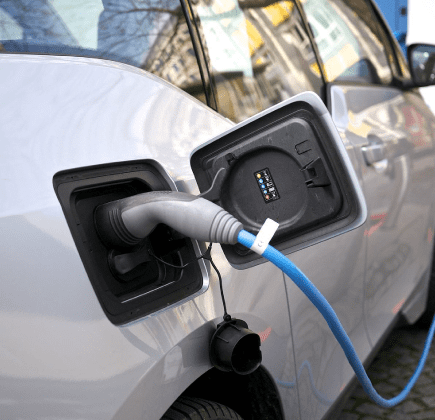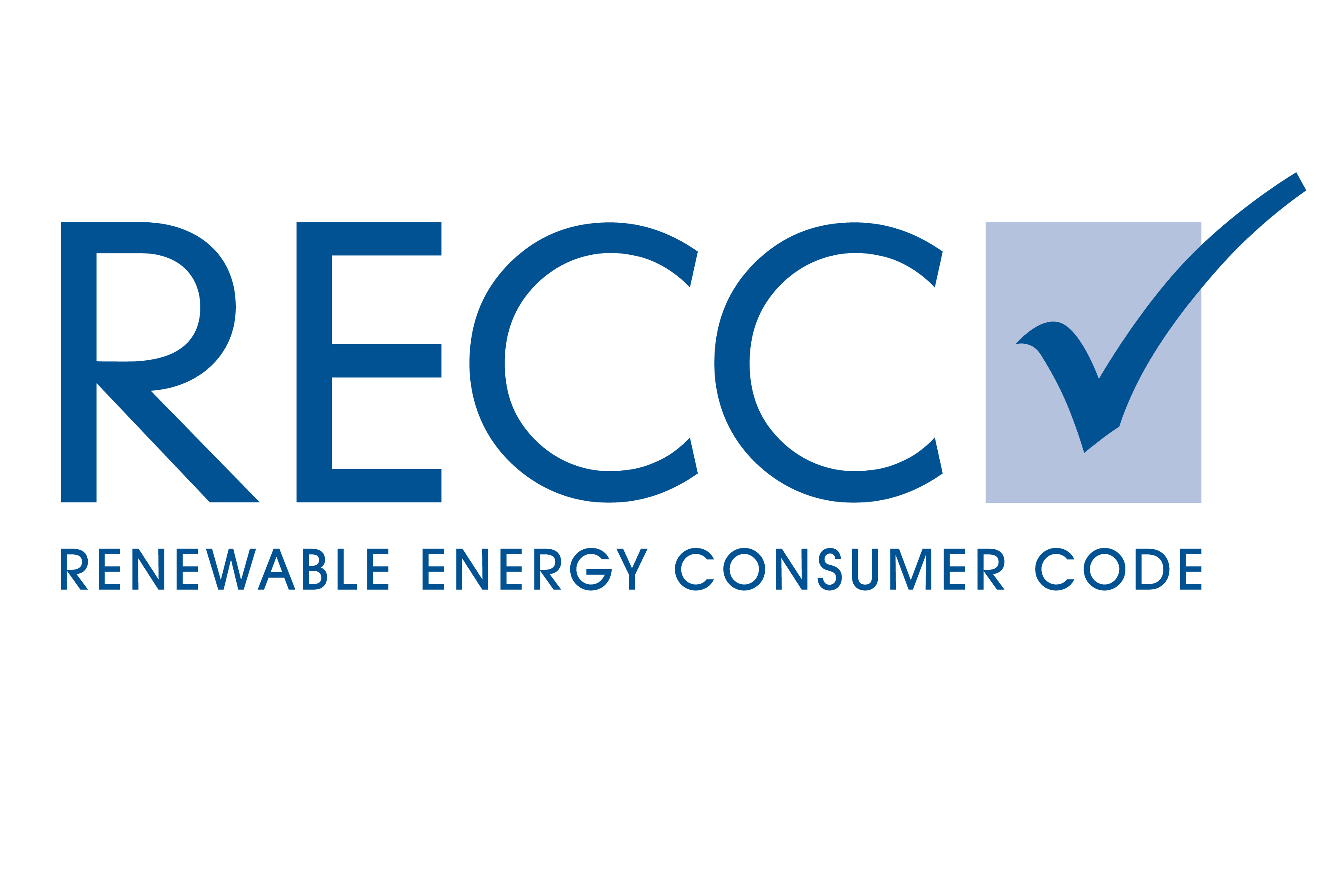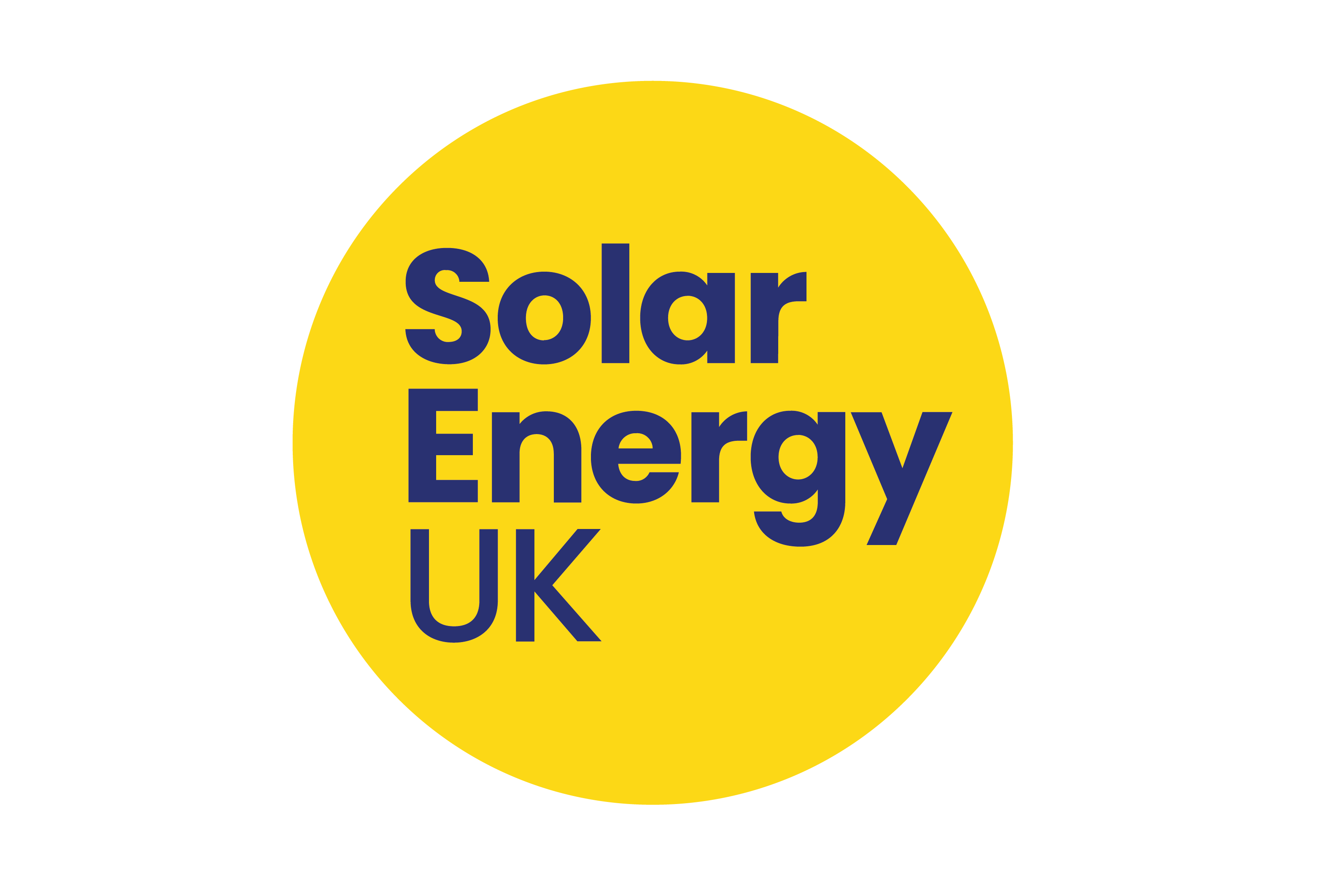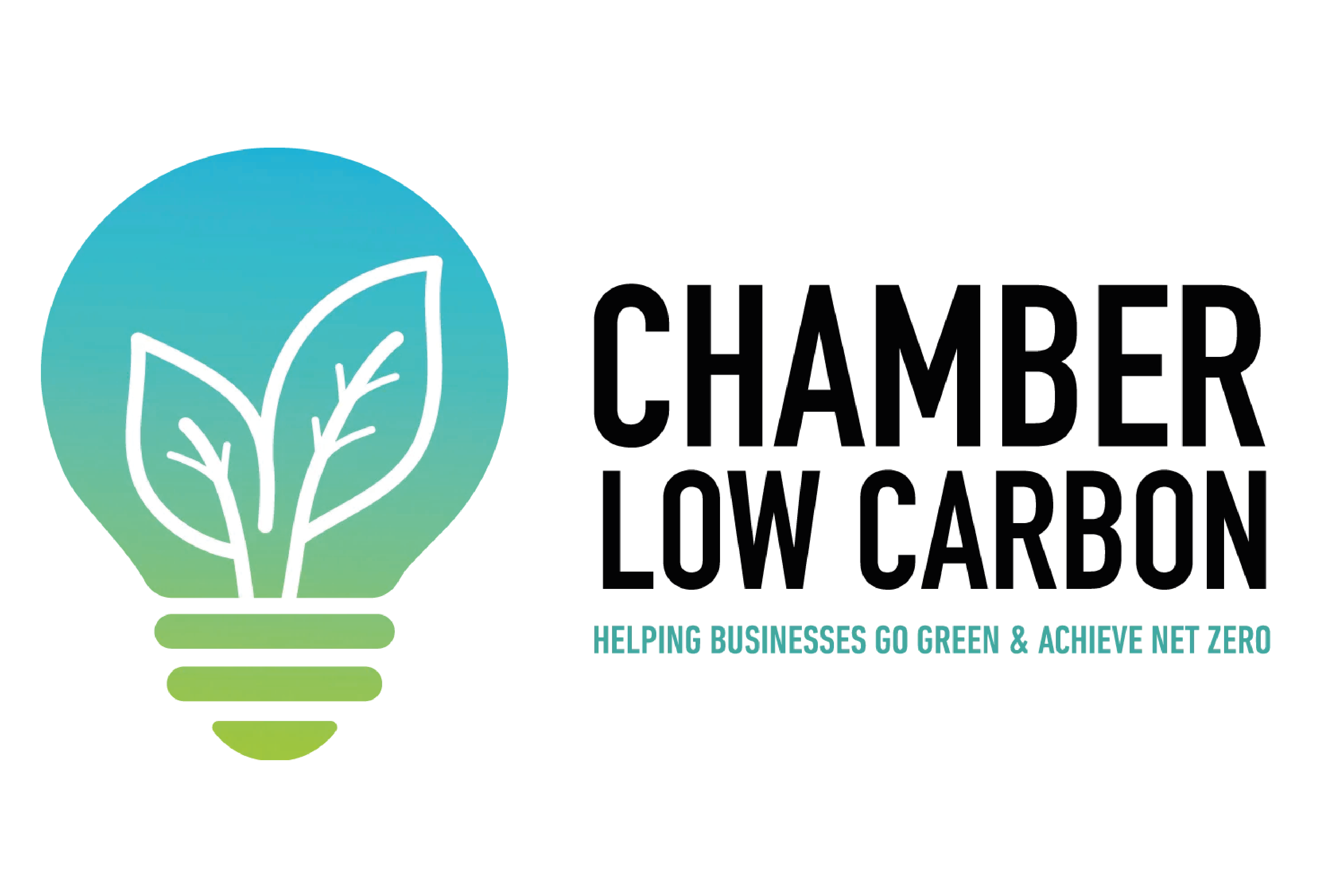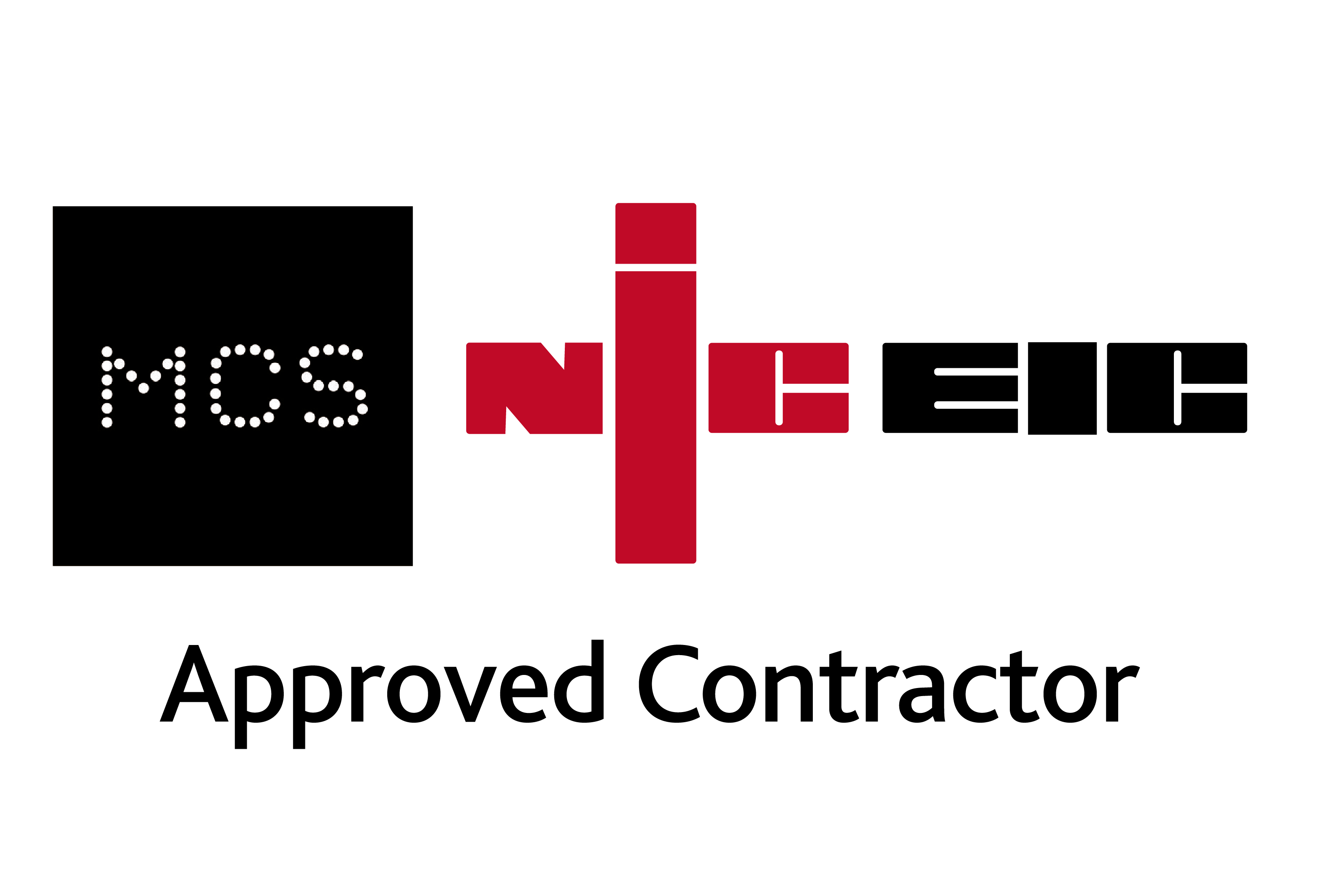
Why are commercial solar panels so popular with UK businesses?
The UK is installing solar panels faster than any other European country. With domestic installations rising in popularity amongst homeowners, more and more people are turning to commercial solar panels to power their businesses and institutions too. We can certainly attest to the latter here at Low Carbon Energy – we’re busier than ever installing solar PV for businesses in the North West across a whole range of industries.
The UK is installing solar panels faster than any other European country. With domestic installations rising in popularity amongst homeowners, more and more people are turning to commercial solar panels to power their businesses and institutions too. We can certainly attest to the latter here at Low Carbon Energy – we’re busier than ever installing solar PV for businesses in the North West across a whole range of industries.
So, why does Britain have such a sunny disposition towards commercial solar panels? Well, plenty of reasons really – some universal and some specific to the UK. We’ve listed them below, but first let’s start off with one of the first questions you may be thinking…
Do solar panels work on cloudy days?
Yes. They convert light to energy, not heat. This is why they’re quite so useful to customers across the UK, despite our worldwide reputation for mild and overcast weather. So even on rainy days, you can still be confident your solar panels will be gathering energy. In fact, our moderate climate may even work in our favour, as our lower temperatures can make the panels more efficient, and we get about 60% of the solar radiation found in the equator.
Partially for this reason, here in the UK the amount of solar energy we collect and use is comparable to some areas of France or Spain. In some areas in the South of the country, we get roughly the same levels of sunlight as Germany, which is one of the world’s biggest markets for photovoltaics. Already, we’re reached a point where more electricity has been produced with renewables than with nuclear power plants.
Quick timeline of solar PV uptake in the UK
2010 – The UK government launches the Feed In Tariff scheme, designed to encourage solar PV uptake by allowing customers to profit directly from their panels by selling any excess energy generated back to the government. (By 2020, this scheme was replaced by the Smart Export Guarantee.)
2013 – By 2013, the UK has already become the world’s 10th largest producer of solar power. (Fast forward seven years to today, and we’re number six on that list – after China, Japan, Germany, the US and Italy.)
2016 – Britain passes a landmark in solar power installations with quarter of a million (250,000) homes in the UK having some form of solar thermal panels installed.
2018 – Solar power in the UK almost doubles as more businesses seize the opportunity. New installations in homes, workplaces and dedicated solar farms now total around 709,000 installations.
2020 – The UK was on track to have 10 million solar panels installed in properties throughout the country by 2020, which means about a third of households would be utilising solar energy. As with almost everything else, the Covid-19 pandemic has slowed further progress for now, but the UK’s enthusiasm for solar hasn’t dampened.
The UK’s solar PV uptake is expanding rapidly well beyond the domestic market, too. London currently rivals Madrid in terms of the energy generated by solar, and it’s becoming more and more popular with businesses up here in the North West of England too. Just here at Low Carbon Energy, we’re providing planning, supply and installation services to businesses and organisations across a whole range of sectors – including agriculture, industrial businesses, data centres, hospitals, aerospace… the list goes on! (This is helped by the fact that the British government is still actively encouraging uptake of solar energy using the Smart Export Guarantee, which we’ll go into a little bit more detail on below.)
Our enthusiasm for solar energy in this country is mirrored in lots of other countries across Europe and the world at large, and the International Energy Agency says that solar (both photovoltaic and solar) could surpass fossil fuels and other renewable sources like wind and hydro by 2050 – making it the world’s largest energy source. If the UK continues on its current track, we’re likely to remain one of the top nations leading this charge in the solar revolution.
Why are solar panels so popular in the UK?
In addition to the key advantages of solar panels, they also have a range of specific benefits that make them attractive to UK homeowners and businesses alike. These encompass sheer practicalities and cost savings, wider economic factors, and changing attitudes towards climate change and similar environmental concerns.
Some of the main reasons why solar panels are so popular in the UK include:
- Solar panels offer significant cost savings on electricity bills
- The Smart Export Guarantee lets owners profit from excess electricity generated
- Solar is environmentally friendly and sustainable, helping to meet green targets
- Modern shoppers are more becoming environmentally-conscious
- The price of solar is dropping
- Solar creates jobs and reduces UK reliance on energy imports
- Solar panels are easy and cheap to maintain
- It provides a useful source of energy to customers ‘off-the-grid’
Solar panels offer significant cost savings on electricity bills
Solar panels help save you money. This is obviously one of the most universal appeals of UK solar PV installations, for businesses, other organisations and individual homeowners alike. The bulk of their cost is carried up-front in their supply and installation, and besides that they require very little other investment. Instead, they produce free energy for the rest of their serviceable lifespans, helping to offset the costs from energy bills and thereby helping owners save significant amounts of money.
Over time, the panels themselves are becoming steadily cheaper and more efficient, and the cost of solar is going down too (which we’ll come onto in just a moment.)
The Smart Export Guarantee lets owners profit from excess electricity generated
In a nutshell, the Smart Export Guarantee is a UK government initiative designed to incentivise solar PV installations. It allows owners to make money from any excess electricity they don’t use, chiefly by providing them the option to sell it directly back to their energy supplier. The SEG came into effect in 2020 and replaced the Feed In Tariff, which served basically the same role.
The big difference between the SEG and FIT is that the Feed In Tariff involved customers selling electricity directly back to the National Grid, at rates set by the government authority Ofgem. In contrast, the SEG allows customers to sell the excess energy back to their energy supplier, creating healthy market competition designed to encourages suppliers to offer the best prices.
Solar PV allows owners to increase their energy independence and security
Having a consistent source of on-site electricity generation means that solar PV owners become less dependent on the National Grid. Not only does this allow them to benefit from the sorts of cost savings we’ve detailed above, but it also provides an effective measure against power outages by giving owners an emergency backup source of energy. This is especially vital for businesses – every moment of downtime can have hugely detrimental costs, and having the ability to guard against that can preserve productivity and save enormous amounts of money.
It’s an environmentally-friendly, sustainable source of power
Again, this is a widely touted advantage of solar energy. Unlike fossil fuel energy, solar panels are clean and don’t emit any sort of harmful gas or pollutant. This is an especially popular advantage for UK businesses, as it allows them to reduce their impact on the environment, helping them to meet their own green targets as they strive to become a more socially-conscious and responsible organisation.
Public attitudes in the UK are changing
The ability of solar panels to provide clean, green energy is becoming all the more important to organisations in a country where the public is becoming increasingly more conscious about the impact their buying decisions have on the environment and the world at large.
We’ve previously covered how UK citizens have a vision for the new normal – 51% of respondents to a YouGov survey noticed cleaner air outdoors, and recent satellite images have shown a marked reduction in emissions. Many members of the general public are already planning to make changes to their lives in future to help them maintain this new normal, and they’re likely to expect the same from businesses where they shop, too.
Therefore, demonstrating Corporate Social Responsibility is more important for businesses than ever, as modern businesses who can demonstrate tangible green credentials can get the edge over their competitors.
The price of UK solar PV is steadily dropping
The UK’s solar market is already highly competitive, and the technology is still becoming cheaper, more efficient and more accessible than ever. When the Feed In Tariff scheme was launched back in 2010, a 4kW solar PV installation cost about £20,000. The median cost for an installation of the same scale was around £6668 by 2017, which equates to about a 67% drop in the cost of the installation – without compromising on the returns that solar panels bring for customers.
What’s more, the lifetime costs of solar PV are projected to drop by around half over the next few decades, according to renewable energy company Statkraft. Gas and other fossil fuels aren’t seeing nearly this level of flexibility in price, so by 2030 it’s estimated that solar panels will be one of the cheapest energy sources on the market. By 2050, it’s likely to make up around 70% of the UK’s power generation, making it a more attractive option than ever.
The industry creates jobs, and reduces UK reliance on imports
The UK’s solar power industry spans a number of disciplines and specialisms, including installation, maintenance, distribution and manufacturing. This opens up the opportunity to create tens of thousands of jobs in the energy industry for UK residents, helping to make domestic energy supply and prices more secure. As an extra bonus, it also reduces the UK’s need to import electricity from abroad. With the right support by the government and growing confidence amongst the public, the solar energy could bring around 50,000 jobs to the UK by 2050.
Solar PV installations are very easy to maintain
Once commercial solar panels (or domestic ones) have been installed, they require very little maintenance. They only require occasional cleaning of the panels and replacement of parts like the cables and inverters, and most of these parts generally last between 25 to 30 years before they need to be replaced. This makes solar panels a great long term solution for businesses, helping to save money while minimising costs.
Solar energy is available to customers ‘off the grid’
Solar PV installations are particularly useful to individuals, businesses and organisations which might be some distance out from normal infrastructure, such as relatively remote counties – or even islands off the British coast – where they might have limited access to the National Grid. Solar panels can produce electricity in any location that gets a decent amount of sunlight, making it a flexible and highly accessible method of generation.
So with all that in mind, it’s no wonder the future’s looking bright for the UK solar energy industry. And if you’d like to take advantage of some of these benefits for yourself, we’re here to help. Here at Low Carbon, our experts have over 30 years of combined experience behind us in helping you save on business costs, and profit from having cleaner energy. To find out how we can help you, feel free to give us a call today on 01282 421 489!
 Energy Technology
Energy Technology

Powering your present. Preserving your future.
Call us on 01282 421 489

strategy be a priority?


